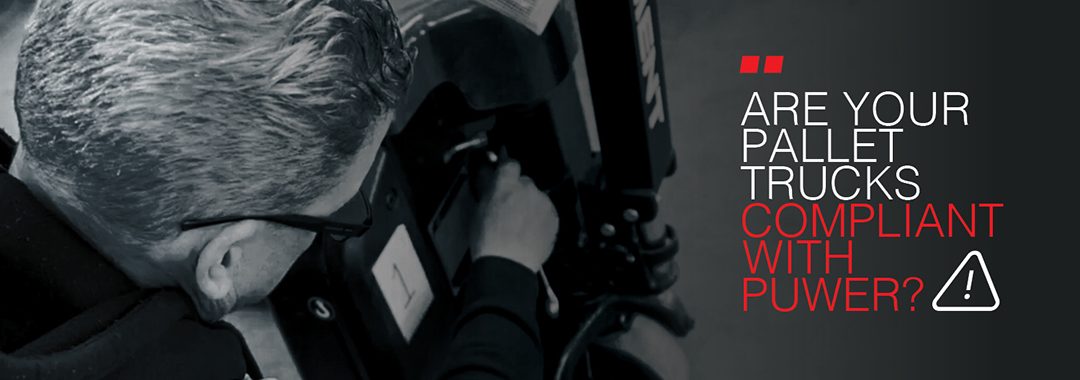Understanding the Regulations
In the UK, all pallet trucks, regardless of their lifting mechanism, fall under the purview of the Provision and Use of Work Equipment Regulations (PUWER). These regulations are designed to ensure the safe and proper use of all machinery, tools, and equipment in a workplace. PUWER mandates regular inspections to assess the safety of equipment and prevent accidents.
PUWER Inspections: A Crucial Safety Measure
A PUWER inspection for a pallet truck involves a thorough evaluation of its safety features and operational condition. This regular inspection, conducted by a competent person, is essential to identify potential hazards and ensure compliance with safety regulations. Failure to adhere to PUWER inspections can lead to fines, legal repercussions, and an increased risk of accidents.
The Role of LOLER for Higher-Lifting Trucks
While PUWER applies to all pallet trucks, the Lifting Operations and Lifting Equipment Regulations (LOLER) come into play for trucks that lift their payload higher than 300mm. LOLER sets out the requirements for the regular inspection of lifting equipment to ensure its safety and prevent accidents. If you have high-lift pallet trucks in your operation, they will require both PUWER and LOLER inspections.
Key Takeaways:
* Regular PUWER inspections are mandatory for ensuring equipment safety (we recommend an annual inspection).
* High-lift pallet trucks require both PUWER and LOLER inspections.
* Non-compliance with these regulations can result in fines and legal issues.
By understanding and adhering to PUWER and LOLER regulations, businesses can protect their employees, minimise risks and maintain a safe working environment.
SHS nationwide engineers undergo comprehensive training to meet PUWER and LOLER industry standards and carry out a PUWER inspection as part of an annual service – where you’ll also receive a PUWER Certificate.
Contact our Service Department for further information HERE.
For further information on PUWER visit the HSE Website HERE.


